Song titles come to songwriters in mysterious and unanticipated ways. Sometimes composers spot a road sign, a marquee, or a license plate, and—kapow!—a song title. And from titles come verses, choruses, and songs.
Likewise, band names have been inspired from unusual places.
Read on for some examples.
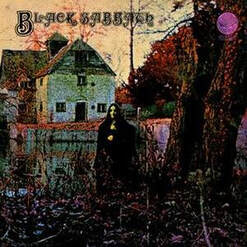
Hence, the band’s name, the first recorded song’s name, and the first album’s name.[1]
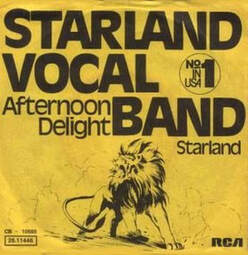
What a neat title for a song, he thought. After a year or so of rewrites, it became the song “Afternoon Delight” and a record by the pop-folk Starland Vocal Band, Bill, his wife Taffy, friend Margot, and husband Jon Carroll.
And a hit record at that, reaching the top spot on the Billboard Hot 100 chart in the summer of 1977, helped along by its suggestive tent sign title and lyrics “skyrockets in flight.”[2]
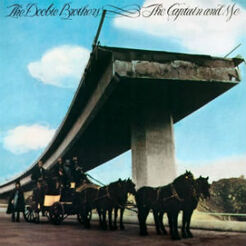
No harm, it was all made up. The song ran to number 15 on the Billboard Hot 100 and was included on The Captain and Me album released in 1973.[3]
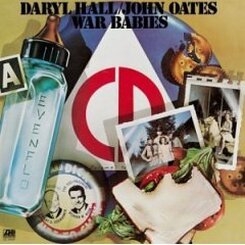
A few days later, on the way back through that town, Oates saw the other side of the marquee: “Johnny Gore and the Cheaters.”
Duh! The “H” was missing on the other side.
Fortunately, the faux pas didn’t mess up the lyrics, which revolved around the tough time the band was having constantly touring from one small town to another.[4]
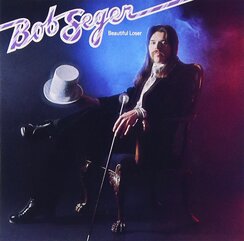
It took a while and a series of rewrites before Seger released “Beautiful Loser” in 1975 on you guessed it, an album named Beautiful Loser.[5]
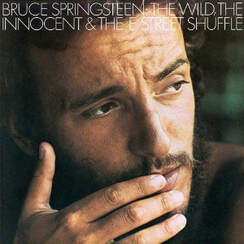
The song was released in 1973 on The Wild, the Innocent, and the E Street Shuffle, the album prior to the boss’s breakout Born to Run album.[6]
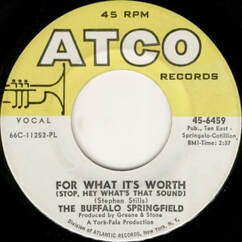
In no time, they decided to form a band, picking up experienced drummer Dewey Martin, and became Buffalo Springfield, courtesy of a nameplate sign on a steamroller resurfacing Hollywood streets.
It was a good sign. The new band promptly booked top music venues and signed with Atlantic Records, which released their first mega-hit single “For What It’s Worth.”
Moreover, and to their credit, the Buffalo Springfield Roller Company, a New York–based maker of heavy machinery, actually supported the Springfield’s use of their mark.[7]
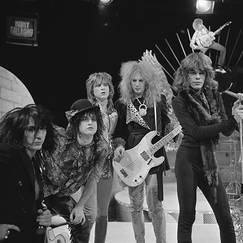
Sylvan used to kid Billy and Johnny, “Man, wouldn’t that be a great name for a band someday?”
They’d reply, “What, New York Dolls Hospital?”
Sylvan “No, just the New York Dolls!”
The trio became—wait for it—the proto-punk band the New York Dolls.[8]
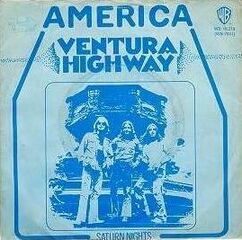
You bet, “Ventura Highway” was a hit song from America’s second album, Homecoming.[9]
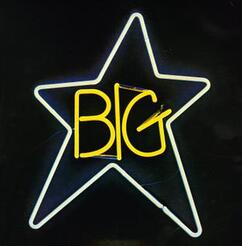
They liked “Big Star.” It was a joke nobody outside the South would get and was an ironic commentary on their ambitions, as was the title of the album that came out of their sessions: #1 Record.[10]
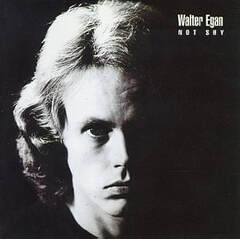
He did. Want to guess the name of his first album?[11]
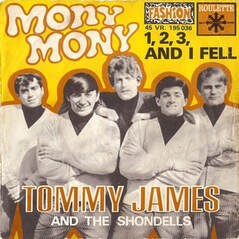
Around midnight, the pair sauntered out onto their high-rise terrace, leaned on the railing, and looked out at the Manhattan skyline. All of a sudden, Tommy’s eyes fell on a building across the street. It was the Mutual New York Insurance Company building. A large sign kept flashing “MONY.”
“Is that God winking at us, or what?” It was, and he blessed the two with “MONY, MONY,” another hit record for Tommy James.[12]
- “Ozzy Osbourne: The Godfather of Metal,” NYRock.com, June 2002. Archived from the original on October 31, 2013.
- J. Freedom du Lac, “Starland Vocal Band’s ‘Afternoon Delight’ Still Being Served after 35 Years,” The Washington Post, July 8, 2011.
- Andrew Grant Jackson, 1973: Rock at the Crossroads (New York: Thomas Dunne Books, 2019), 105.
- Paul Meyers, A Wizard a True Star: Todd Rundgren In the Studio (London, Jawbone Press, 2010), 119.
- Andrew Grant Jackson, 1973, 232–33.
- Ibid., 256–58.
- Rik Forgo, Eagles Before the Band (Time Passages, 2019), 84.
- Paul Meyers, A Wizard a True Star: Todd Rundgren in the Studio, 83.
- Greg Prato, The Yacht Rock Book: The Oral History of the Soft, Smooth Sounds of the 70s and 80s (London: Jawbone Press, 2018), 111–12.
- Ed Ward, The History of Rock and Roll Volume II 1964–1967: The Beatles, the Stones, and the Rise of Classic Rock (New York: Flatirons Books, 2019), 259.
- Greg Prato, The Yacht Rock Book, 133.
- Edward Allan Faine, Serendipity Doo-Dah, Book Two: True Stories of Happy Musical Accidents (Takoma Park, MD: IM Press, 2020), 66.
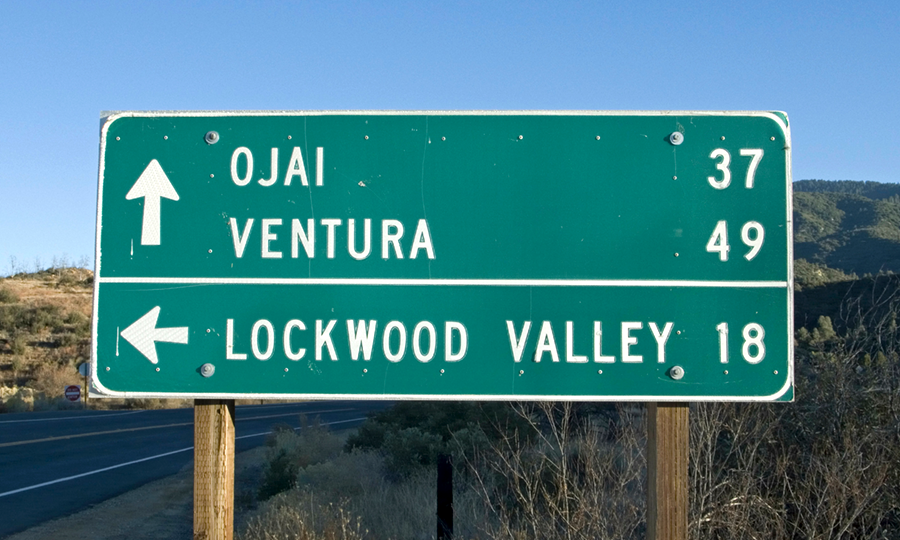
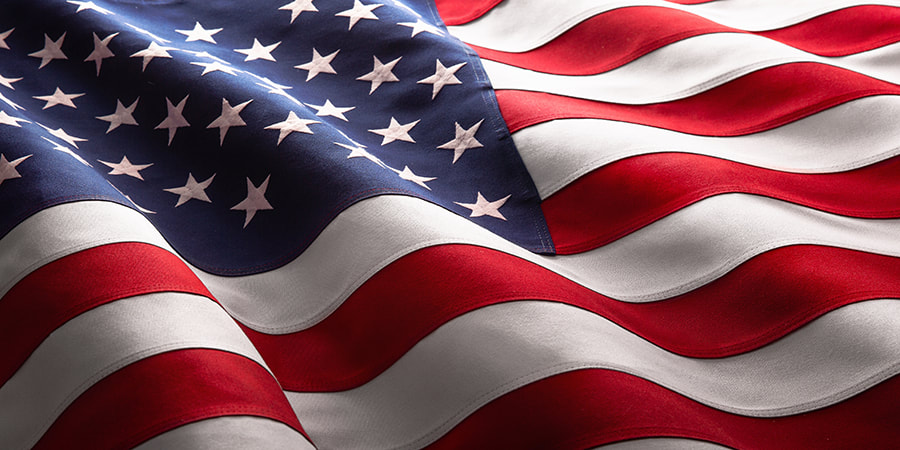
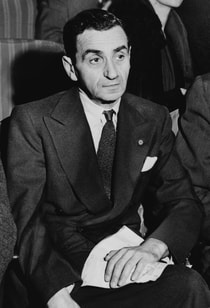
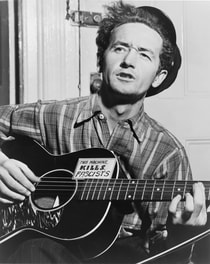

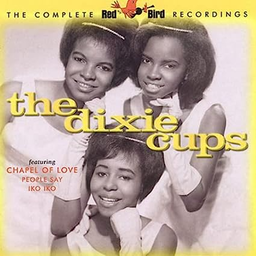
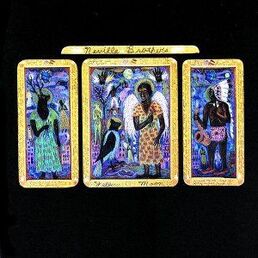
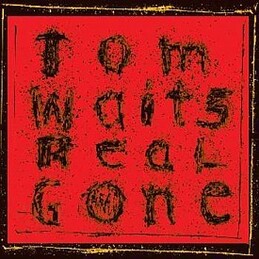
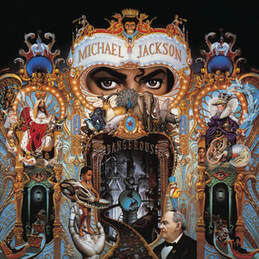
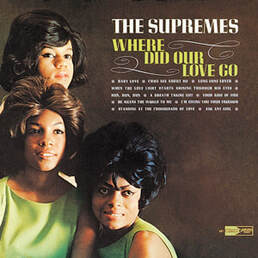
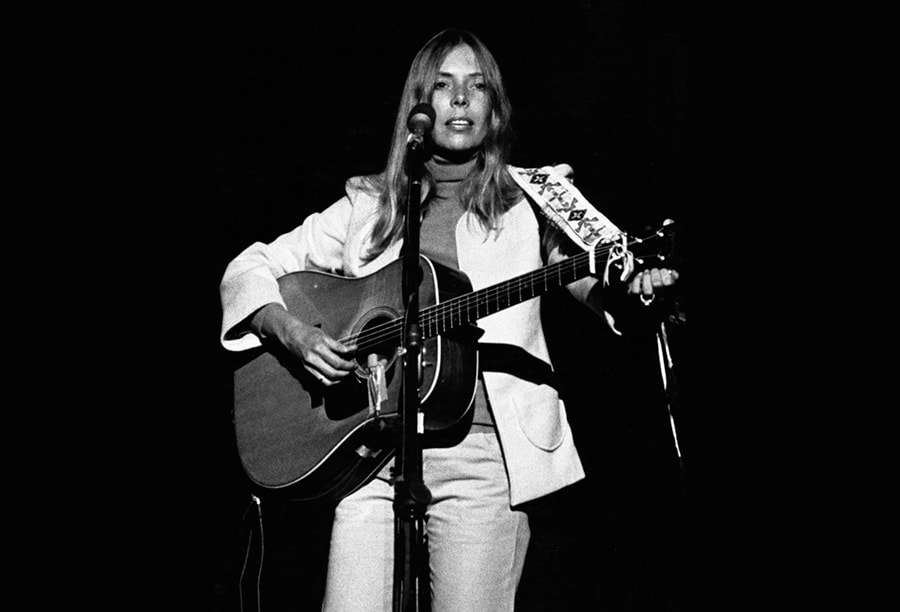
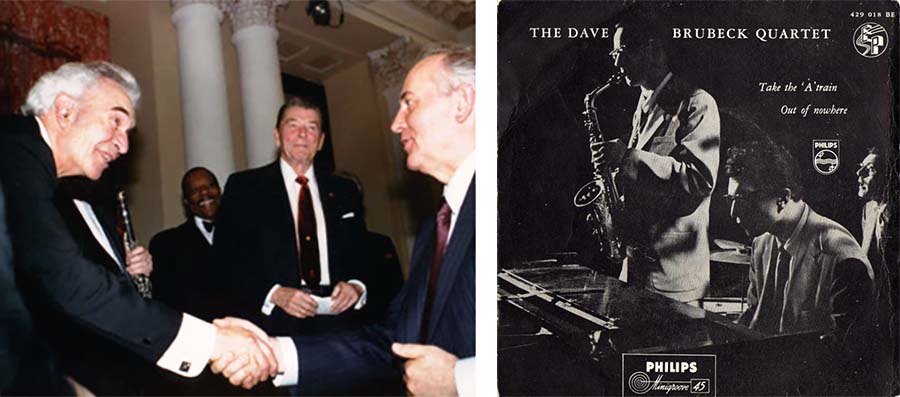
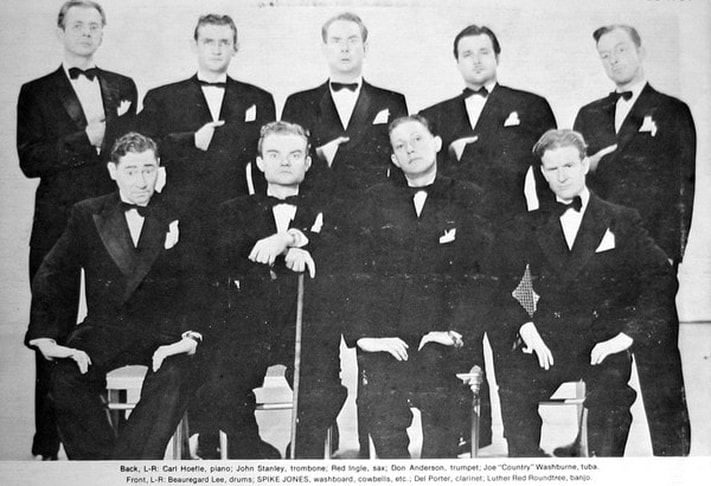
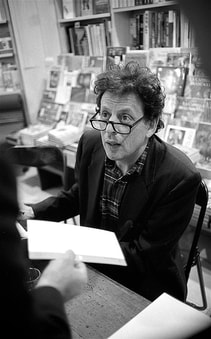

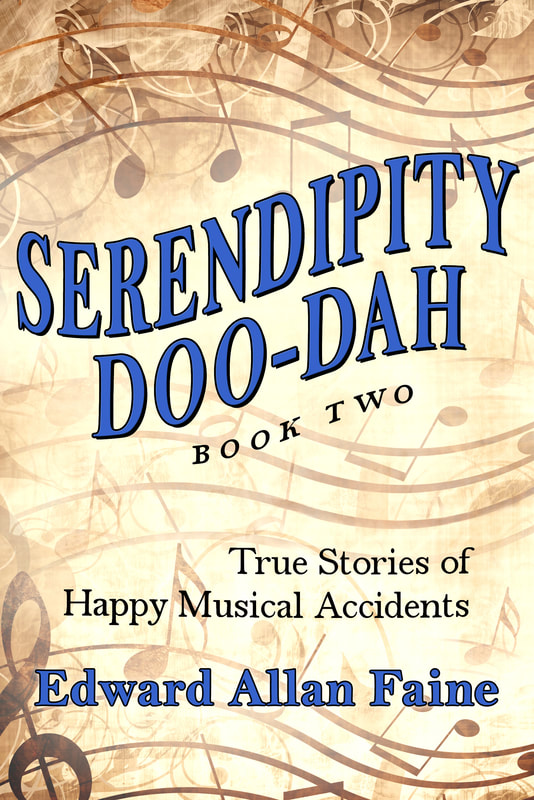
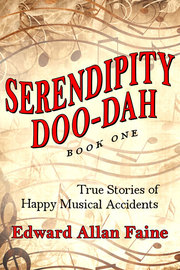
 RSS Feed
RSS Feed